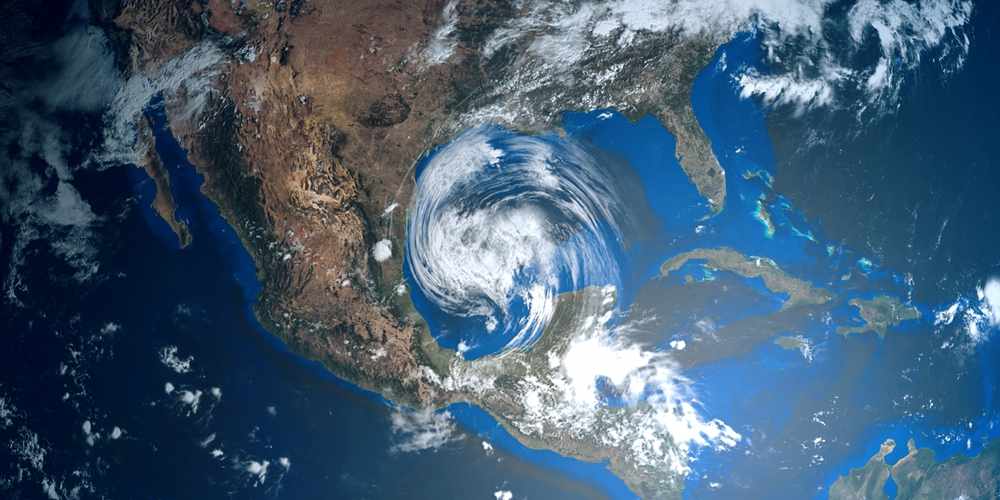-
Featured News
Tips for severe weather planning

Hurricane season is underway, and above-normal activity is predicted this year.
As COVID-19 is still a concern, there may be added stress when it comes to ensuring safety from severe weather and the spread of infection. Being properly prepared with medical supplies, and food and water, can help ensure personal safety and well-being.
"Past experiences show it can take one storm to have an impact, so it is important to make a plan for you and your family in advance of any severe weather event," says Dr. Brittany Beel, a Mayo Clinic emergency medicine physician.
Location safety
"It is important to have a safe place to ride out a storm. You will also want to think about loved ones, such as elderly relatives and pets who might require special assistance," says Dr. Beel.
In advance of a storm, she also recommends unplugging electronics that could become potential shock or fire hazards, especially if there is a risk of flooding. Also, think about the heat. "No electricity means no air conditioning, so that could lead to heat stroke and heat exhaustion. I always recommend battery-powered fans to keep cool."
Food and water safety
"While it's important to stay hydrated with water, drinking only water isn't enough. You also need drinks with electrolytes in them to make sure your body is replenished with the tools it needs to keep functioning. Electrolytes help your body use water effectively," she says.
Also, Dr. Beel says that while you might be tempted to stock up on certain food prior to a storm, you should limit the amount of food that requires refrigeration. "This will be the first food to spoil if the power goes out. You don't want food poisoning during a severe weather event."
She notes that you should check expiration dates on canned foods and rotate out items, as needed.
First-aid and medications
Review health care necessities in advance of a severe weather event, reminds Dr. Beel. "Create a list of all medications, including over-the-counter items, with the names, doses and conditions you are taking the medicine for. And you will want to ensure you have extra doses on hand — ideally seven to 10 days' worth."
Dr. Beel also says to think about any medical devices. "You will want to have a supply of batteries and backup power for equipment such as oxygen, glucose meters or other devices."
Lastly, keep a list of health care professionals, phone numbers and medications in your emergency kit, as well as any important papers, such as health records, health care directives and living wills.
Learn more
Additional hurricane preparation lists and other tips are available here:
- Centers for Disease Control and Prevention.
- Department of Homeland Security.
- Federal Emergency Management Association.
In addition, Mayo Clinic has more information on hurricane health and safety preparedness and storm cleanup tips:
- "3-day plan to eat from a can."
- "Safety tips during a storm."
- "Mayo Clinic Minute: Stay safe after storm cleanup."
- "Mayo Clinic Minute: Staying hydrated during hurricane recovery."







